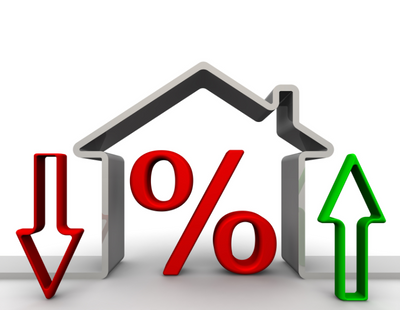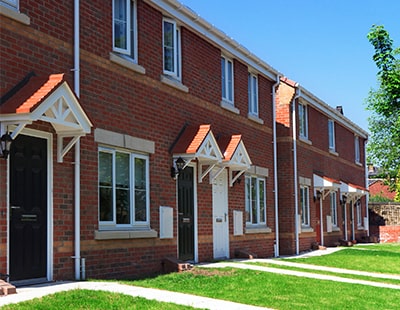
The Royal Institution of Chartered Surveyors has issued a downbeat snapshot of the current housing market with "subdued sales trends" across the country.
It says 70 per cent of respondents report sales prices of homes under £1m coming in at below the asking prices.
The RICS says that last month, interest from buyers continued to decline with 20 per cent more respondents seeing a fall in new buyer enquiries over the month.
Agreed sales were also reported to have fallen again with 20 per cent more respondents noting a decline in transactions over the month at the national level.
Regionally, Wales, Scotland and the North East were the only areas to see any pick-up for agreed sales, while sales trends were either flat or negative across the rest of the UK.
In keeping with other indicators pointing to a slower market, it is now also taking longer to complete a sale, with the average time rising to 18.5 weeks nationally, up from 16.6 in February 2017 when the measure was first introduced in the RICS monthly survey.
The institution says there's a "flat price trend on a UK wide basis" although there remains significant differences between regions.
Respondents in London are continuing to report a decline in prices, with 63 per cent more respondents reporting a fall rather than rise over the month (the poorest reading since 2009).
Similarly, respondents are reporting a weakening picture in the South East, while East Anglia and the North East also returned readings below zero. By way of contrast, the North West of England, Wales, Scotland and Northern Ireland have all reported sentiment consistent with house price gains.
“The combination of the increased cost of moving, a lack of fresh stock coming to the market, uncertainly over the political climate and now an interest rate hike appears to be taking its toll on activity in the housing market" says Simon Rubinsohn, RICS chief economist.
"With both buyer enquiries slipping and sales expectations also subdued, the sense is that home owners are staying put and first time purchasers are increasingly focusing on that part of the market supported by the Help to Buy incentive. A stagnant second-hand market is bad news for the wider economy, not just in terms of spending but also because it restricts mobility" he continues.
“Prices do now seem under pressure at the more expensive end of the market with a further rise in the number of properties transacting at below the asking price. But it is important to not characterise the whole of the market by what is happening in parts of London and the wider South-East.”














.png)


.png)




Join the conversation
Be the first to comment (please use the comment box below)
Please login to comment